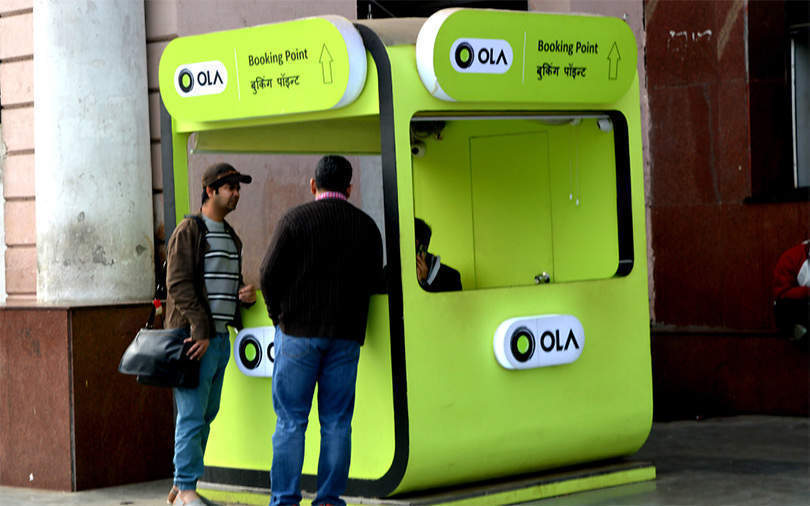
Ola receives licence to launch in London


Ride-hailing service Ola, owned by ANI Technologies, has been granted a private hire vehicle (PHV) operator licence to operate its taxi service in London.
The news comes within days of a Morgan Stanley report which said that the Indian ride hailing service was the ‘greater threat’ to US-headquartered competitor Uber if news of its launch by the end of the year was accurate.
The report was also based on the re-launch of European taxi service provider Bolt, previously known as Taxify to London, after its licence was revoked following a Transport for London (TFL) investigation in 2017.

“Ola has been granted a PHV operator license, " an official statement said. "London is one of the world’s most iconic cities and hosts a progressive mobility environment. We couldn't be more excited to bring Ola to London."
The statement said the company is looking forward to building world-class mobility offerings for London by collaborating with drivers, riders, the government and local authorities. "Londoners will hear more from us closer to our launch in the city, as we get ready to serve them,” the statement added.
Ola has been expanding to international markets aggressively, investing $60 million into its international operations over the last 15 months across Australia, New Zealand and the UK, according to media reports.

Ola Electric, the electric mobility arm of the company, raised $250 million recently from SoftBank at a valuation of $960 million in line with the government’s push in electric mobility space.
Meanwhile, the company has been raising capital from new investors in an extended funding round including Raymond S Cahman, chairman of trading firm TransMarket Group, Lyon Assets and others.
Uber has been in London since 2012. It was threatened with licence cancellation in 2017 by TFL, which found that the company did not provide details of issues of customer assault.

Bolt, founded in Estonia, is backed by Daimler and China's cab hailing app Didi Chuxing. It operates in 17 EU countries, Eastern Europe and Africa. It was valued at $1 billion in its previous funding round.
In 2018, 74% of all licensed vehicles in England were PHVs, including app-based cabs like Uber.
